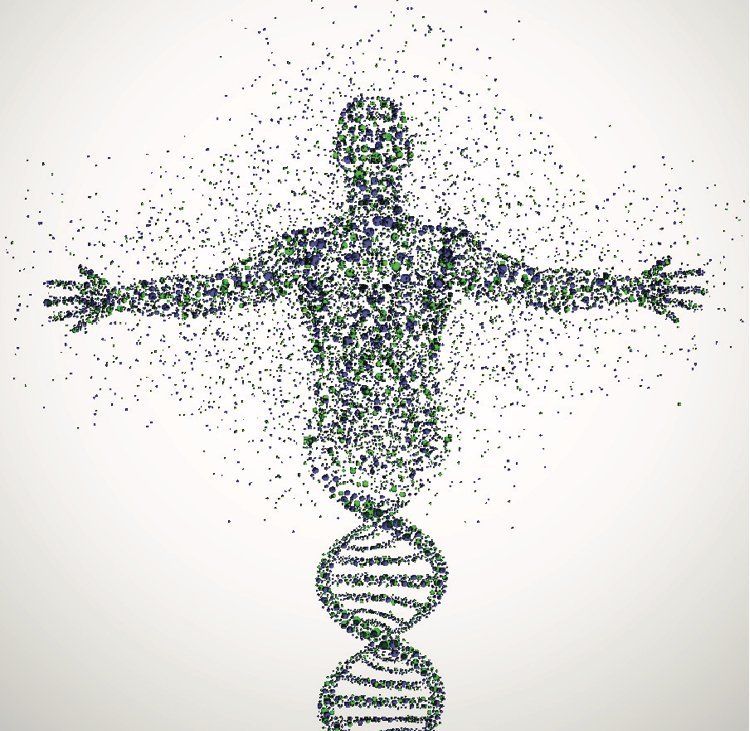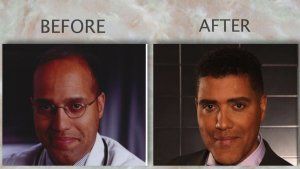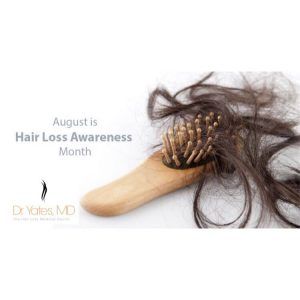
1075 South Court Street, Medina, OH, 44256
What is Alopecia Areata?
- By Testing Testing
- •
- 19 Oct, 2014
- •
What is Alopecia Areata?
Alopecia areata is a common disease of the hair follicles that generally leads to hair falling out in small, smooth, round quarter-size patches, affecting over four million people in America. The amount of hair loss depends on the person, and the disease rarely leads to complete hair loss on the affected area, generally on the head, face, or body. This autoimmune disease can affect anyone and often reveals itself in childhood. With autoimmune diseases, since the body cannot shield itself from infection and disease, the immune system erroneously attacks parts of your own, healthy body. In the case of alopecia, it’s attacking a person’s hair follicles. There is no way to prevent alopecia from occurring, but there are ways to manage the condition, which you will find below.
Alopecia Areata and your heath
If you have alopecia areata , it is best to make an appointment with your dermatologist to properly diagnose you and discuss treatment options. Here is some general information about the disease to use as a starting off point before seeing your doctor.
This disease is not contagious and generally those affected with alopecia are in good health in many other ways. Alopecia areata will not cause you to feel pain, it does not make you feel ill, and it does not prevent you from living a perfectly normal life.
However, dealing with hair loss can present its challenges in terms of self-image and confidence. Learning about the disease and reaching out to others with alopecia for support and advice will help you cope with your insecurities while you learn to value yourself and your life regardless of having alopecia areata.
Will my hair grow back?
While your hair may grow back, there is also a chance of it falling out again. Some people lose more hair than others and some people may never see hair growth, while others have total hair growth over time. The disease really varies case-by-case. While there is no cure for this disease, there are medically approved and effective treatments that may help the hair grow back.
Certain medical treatments exist to stimulate hair growth, though they cannot prevent further hair loss or cure the disease. Contact a hair loss specialist to discuss therapies, such as steroid injections or creams.
Coping with alopecia areata
There are also some things within your control to reduce discomforts or dangers of hair loss, such as using protective sunscreen on your scalp, face, and other exposed skin, wearing sunglasses to protect yourself from the sun and dust, and wearing hats or scarves to protect your head.
What about the emotional outcomes of alopecia? This disease affects everyone differently, in terms of physical, mental, and emotional impacts. Those affected with alopecia areata can feel completely alone, even isolating close family and friends, leaving everyone feeling helpless and frustrated. Commonly, alopecia areata patients respond to the disease in some of the following ways:
– Feeling alone and isolated
– Feeling of loss and grief
– Guilt, blame, or embarrassment
– Worry that others will find out about their disease
– Sadness or depression
– Hopelessness
– Discomfort in having to wear a wig, scarf, or hat
– For family members and friends- feelings of shame and anger for the disease affecting their lives
You can cope with the following responses to alopecia areata by understanding that you are not alone. Learn about the disease and reach out to others for a supportive network that you can also learn from. If that is not enough, many alopecia areata patients find comfort and results through counseling where they learn to work through their feelings and develop coping skills. Contact your physician for a referral to a mental health professional.

Contact Us
We will get back to you as soon as possible
Please try again later
BUSINESS HOURS
- Mon - Sat
- -
- Sunday
- -
All Rights Reserved | Candyapple Nursery & Landscaping | This site is powered by Bluefoot.






